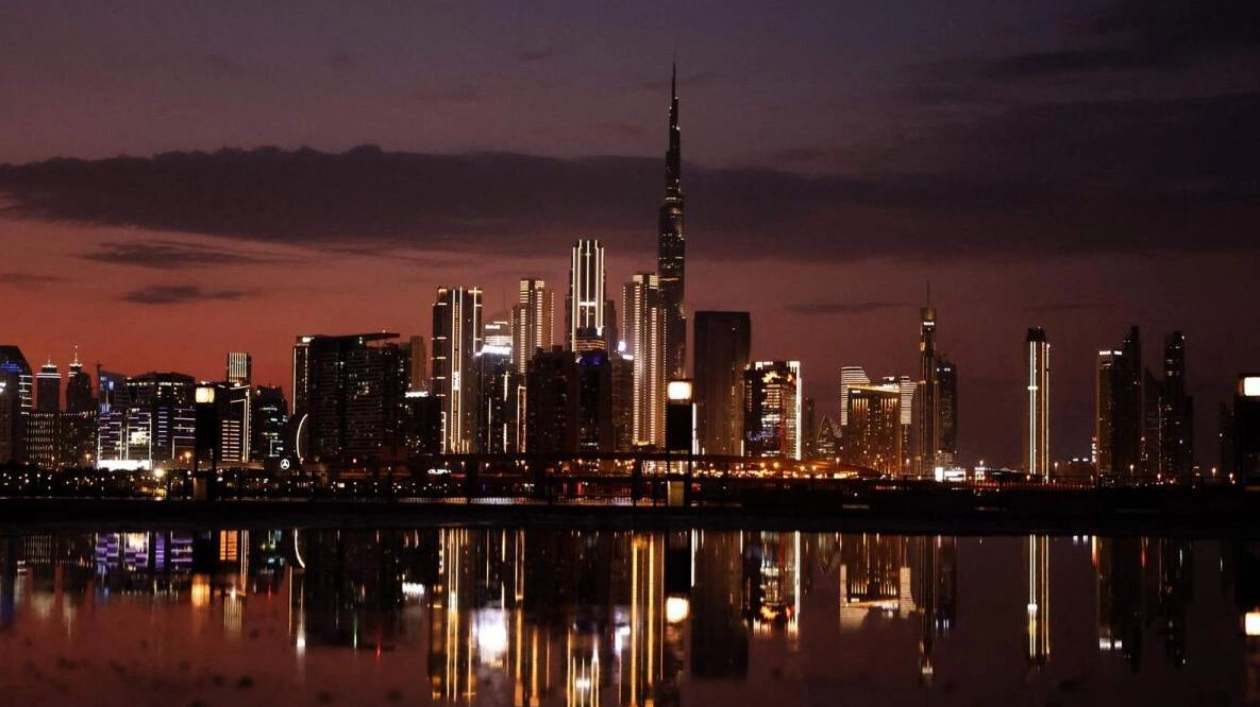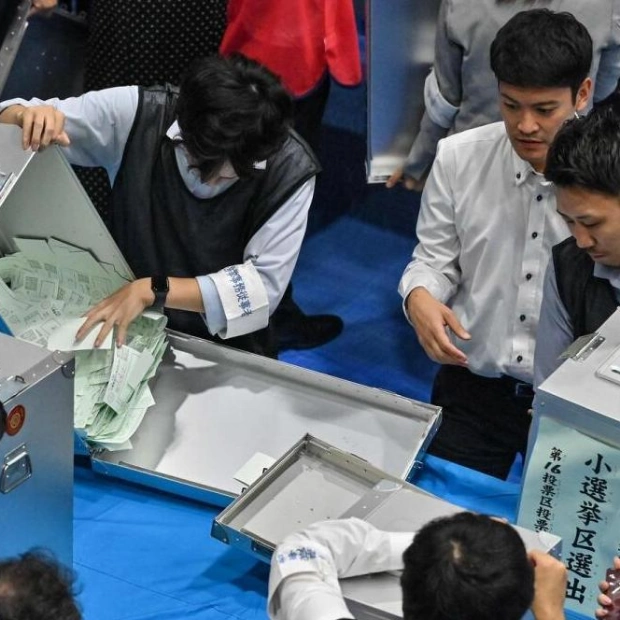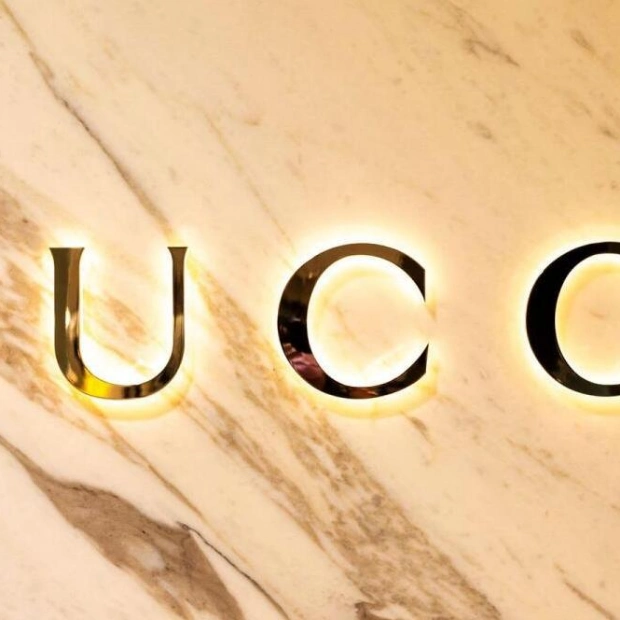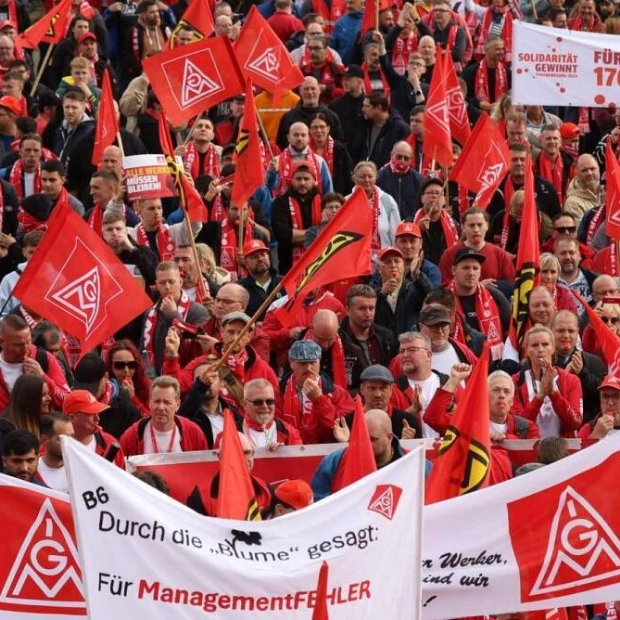UAE companies experienced a significant increase in new projects during June, marking the strongest growth since March, according to data released on Wednesday.
The S&P Global UAE PMI report for June indicated that improved demand and new client acquisitions were frequently reported. Additionally, companies saw the sharpest increase in export volumes since October last year.
Backlogs of work continued to rise sharply at the end of the second quarter, following May's data which showed a record accumulation due to robust demand and the persistent effects of the country's floods and the Red Sea crisis. Although these factors continued to constrain capacity, the rate of backlog accumulation was the lowest in four months, partly due to faster supply of raw materials.
Overall, the growth in the UAE non-oil private sector slowed down in the middle of 2024, according to the latest PMI business survey. The seasonally adjusted S&P Global UAE Purchasing Managers' Index slipped to 54.6 in June from 55.3 in May, remaining well above the 50.0 neutral mark but at its lowest point in 16 months.
Despite a solid improvement in sector performance, sustained competitive pressures, weaker job creation, and a subsequent easing in output growth resulted in the softest upturn since February 2023. The impact of April's floods and supply-chain challenges due to the Red Sea crisis continued to affect June, leading to another significant increase in outstanding work and a sharp rise in input prices, the fastest since April 2018.
The slowing PMI trend reflected a softening of output growth across the non-oil private sector. Although business activity increased, the rate of expansion was the softest since the beginning of 2023, with competitive pressures reported by several companies as a limiting factor.
David Owen, Senior Economist at S&P Global Market Intelligence, noted that the UAE PMI highlights a slowing growth trend in the non-oil sector throughout 2024, with the headline index having lost roughly three points since last December. However, strong customer demand and robust sales pipelines are sustaining output expectations and driving purchasing activity.
The recent surge in backlogs of work is showing signs of easing, likely to continue as the country recovers from April's floods and supply chains adapt to the current situation in the Red Sea. Supplier lead times improved at the strongest rate for eight months, which will benefit businesses.
With reports of increasing competition in some sectors, firms are keen to maintain their competitive edge, making the latest uptick in prices more indicative of businesses feeling the financial strain and needing to protect their margins.
Non-oil companies also faced a sharp rise in input costs during June, with the rate of inflation reaching its highest in nearly two years. Companies typically cited increases in material costs, shipping fees, and overheads, leading them to raise selling charges for the second consecutive month.
Looking ahead, UAE non-oil companies remained optimistic about future activity levels in June, with demand prospects looking strong. Businesses increased their input buying volumes sharply, contributing to a faster expansion in inventory levels. Employment numbers also rose, albeit at the slowest rate in five months, partly due to the need to control cost burdens.
The Dubai PMI continued to indicate a moderating growth trend across the non-oil private sector economy. The headline index slipped to 54.3 in June from 54.7 in May, the lowest since February 2023. Despite strong new order growth, non-oil firms reported the softest increase in activity levels in nearly three years, with high market competition limiting their ability to capitalize on strong demand conditions.
Input price inflation increased in June, the fastest in almost two years, prompting firms to raise their output charges for the second month in a row. However, supplier performance improved sharply, job levels expanded, and confidence increased.






